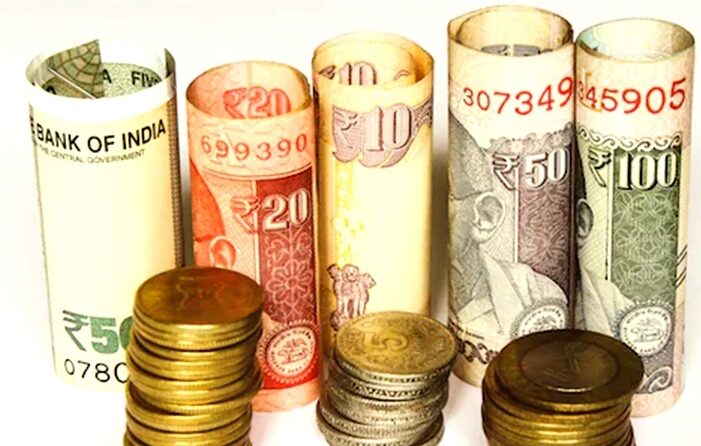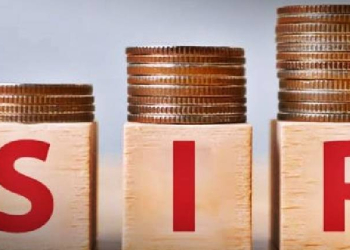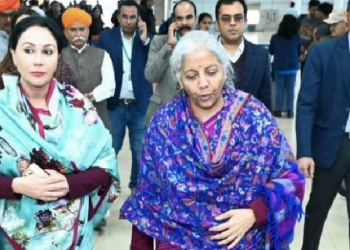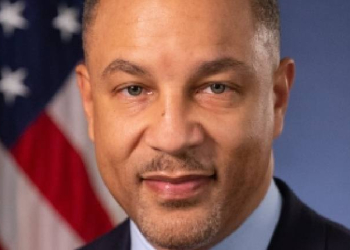New Delhi: Raising interest rates to control demand and inflation is not the right solution, as high prices are influenced mainly by supply chain shocks, analysts say.
Global production and supplies were impacted due to the Coronavirus-induced lockdowns between 2020-21 and 2021-22, and now with the Russia-Ukraine war and the sanctions imposed on Russia, supplies have again been hit, a panel of international economists said recently.
Industries are struggling to bring the supplies back to pre-Pandemic days, a media report quoting these economists said.
This has also impacted India, as supply of several essential commodities like crude oil and palm oil have been hit due to the ongoing Ukraine crisis.
In such a scenario as inflation rises, banks simply raising their lending rates on the back of the Reserve Bank of India (RBI) hiking repo rates, cannot be a solution to control price rise, said A.R. Choudhury, a senior analyst.
He said that unless rates of term deposits and small savings schemes are not hiked, inflation cannot be controlled.
Retail inflation has been higher than RBI’s tolerance limit of 6 per cent for the last 10 months now and though the central bank has hiked repo rates four times in the last six months, analysts have said that the action was taken a bit too late.
However, they added that now that RBI has started tightening liquidity and the banks have promptly responded by hiking their lending rates, the common man has been bearing the brunt of paying higher EMIs for their home and auto loans.
Though this leads to higher burden on borrowers and they either stop spending or have to spend through their nose, as instalments need to be paid, the moot point is that even savings are affected.
As interest rates of term deposits and bank deposits haven’t been hiked as frequently compared to the rise in lending rates by banks, the spending is not to the expected level.
So, it is a misnomer that higher interest rates benefit those who save, as it is important to raise deposit rates and rates of small saving schemes also, if savings are to be encouraged, Choudhury explained.
(IANS)






















